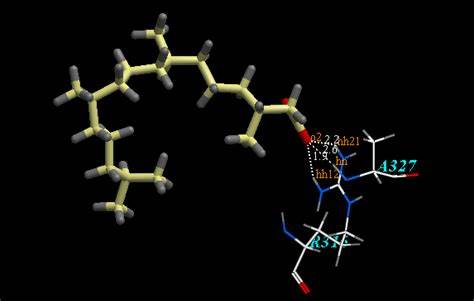The cardiometabolic effects of BCAAs
diabetes-2013-july-27
The cardiometabolic effects of BCAAs
Because of previous evidence suggesting that the glycemic status of subjects may be related with the cardiometabolic effects of BCAAs, we aim to evaluate the association of total BCAA concentrations with selected cardiometabolic risk factors in women with normoglycemic and dysglycemic status. We focused on the conventional risk factors for CVD, such as hyperlipidemia, hypertension, increased inflammatory state, fatty liver, and decreased estimated glomerular filtration rate (eGFR). As calcium homeostasis plays a role in glucose and amino acid metabolism [14,15], as well as being recognized as a cardiometabolic risk factor [16], we also examined the relationship between circulating calcium concentration and BCAAs in relation to glycemic status.

We studied a group of middle-aged women because this group is especially exposed to an increased risk of developing an unfavorable cardiometabolic profile. Moreover, some earlier studies suggest that the relationship between BCAAs and glycemic status is weaker in women than in men [17,18]. Therefore, we hypothesized that a dysglycemic state is associated with the cardiometabolic effect of BCAAs in middle-aged women.
 Euro
Euro
 US Dollar
US Dollar
